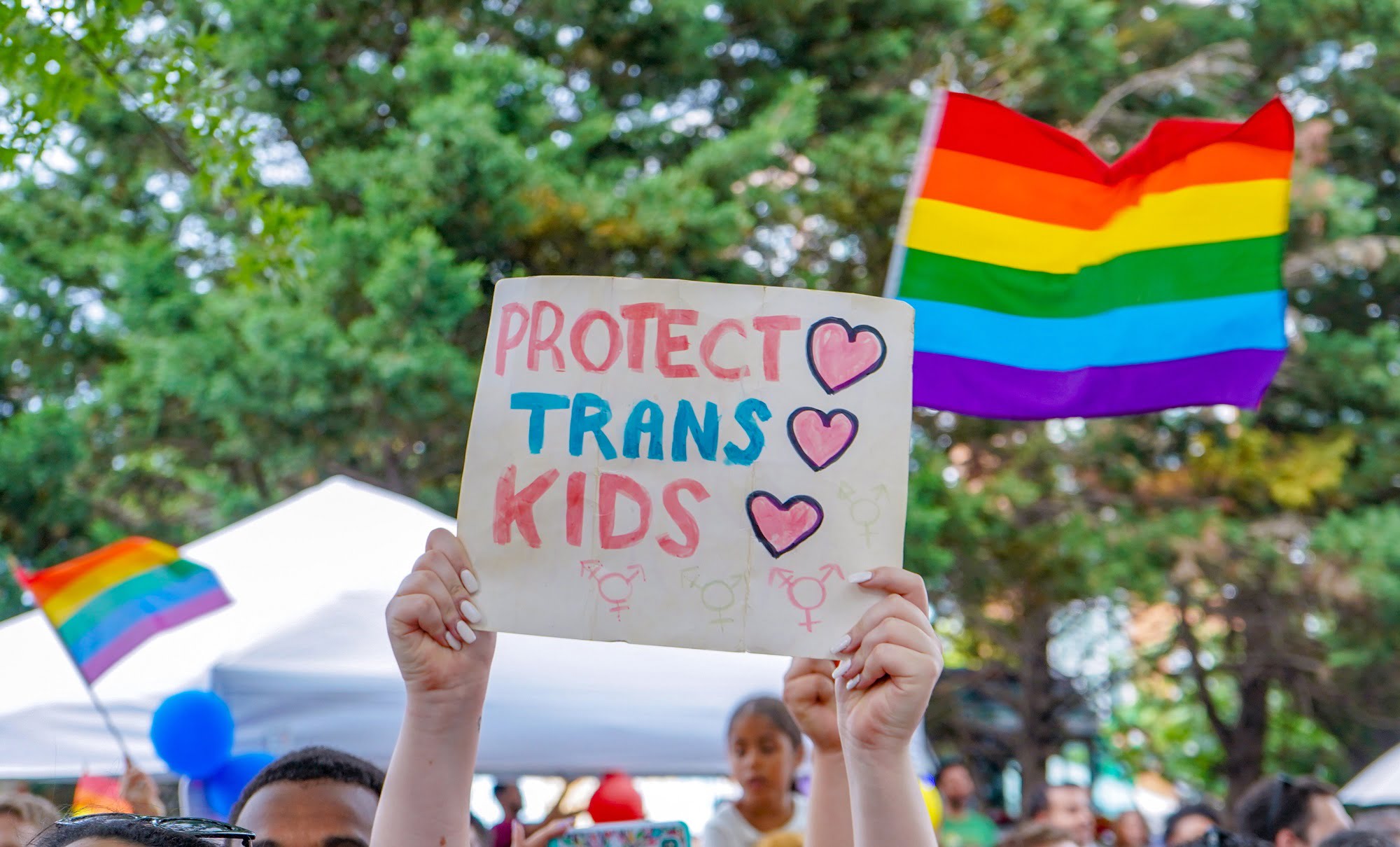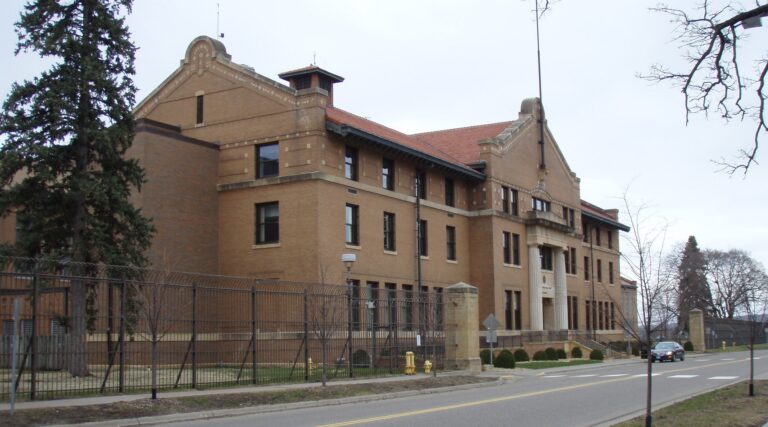Game-Changer in Texas Ban on Puberty Blockers and Hormones for Trans Kids

” Texas Ban on Puberty Blockers Explosive Legal Clash: Texas’ Transgender Healthcare Law Sparks Outrage and Uncertainty! Get the Latest on the Battle That Could Change Everything.”
A forthcoming Texan statute poised to come into effect next week aims to prohibit young individuals from undergoing medical gender transitions. This comes despite a recent restraining order from a Travis County District Court judge, Maria Cantú Hexsel, to temporarily halt its enforcement.
Governor Greg Abbott of the Republican Party signed this legislation in June. The law prohibits healthcare providers from administering medical procedures that facilitate gender transition, even though these same procedures, like puberty blockers and hormones, are permitted for other medical conditions. Additionally, the law forbids the utilization of Medicaid funds to cover such treatments for minors. It stipulates that transgender youths who are already receiving blockers or hormones must gradually discontinue them. Furthermore, the law empowers the attorney general to take legal action against anyone believed to be violating or intending to breach the statute. Healthcare practitioners who violate the law face potential penalties, including the revocation of their licenses.
Judge Maria Cantú Hexsel, a Democrat who presides over the Travis County District Court, highlighted in her ruling that the implementation of this law would likely inflict severe and irreparable harm on families with transgender children and the medical professionals treating them.
Notwithstanding the restraining order, the Texas Attorney General’s Office promptly appealed Cantú Hexsel’s ruling, leading to an automatic suspension of the injunction. Consequently, the law is set to take effect next week.
In an official statement, the Attorney General’s Office affirmed its commitment to uphold the laws passed by the Texas Legislature and safeguard the principles held by the Texas populace. They expressed their dedication to employing all available means to shield children from potentially harmful ‘gender transition’ interventions.
This recent decision is the latest episode in a series of contradictory court rulings concerning transgender healthcare regulations across the Southern United States. This year, a federal judge permanently nullified a ban in Arkansas, while another judge temporarily suspended two laws in Florida. Conversely, a panel of judges in the U.S. Court of Appeals for the 6th Circuit allowed Tennessee’s ban to proceed in July, influencing Kentucky to reintroduce its own ban.
In the past week, a federal judge issued a temporary injunction, blocking certain provisions of a Georgia law that prohibited hormone therapy for transgender minors. Simultaneously, a three-judge panel in the U.S. Court of Appeals for the 11th Circuit overturned a temporary injunction established last year in Alabama. Consequently, Alabama’s ban has been reinstated, and Georgia authorities have requested the reinstatement of their ban in light of the 11th Circuit’s ruling. Florida falls under the jurisdiction of the 11th Circuit as well. Furthermore, a district court judge in Missouri granted permission for the enforcement of its prohibition on gender-affirming care.
Sarah Warbelow, the Vice President of Legal at the Human Rights Campaign, an advocacy group representing plaintiffs across various states, commented that considering the direction the legal proceedings are taking, it’s challenging to imagine a scenario where this doesn’t ultimately reach the Supreme Court.
The plaintiffs in Texas, which include five families, three doctors, and the advocacy group PFLAG, argued that the law infringes upon their parental rights and obstructs evidence-based medical practices. One plaintiff, the mother of a 9-year-old girl, testified that her family had left the state due to the law.
Numerous families in Texas have made similar decisions as state officials have sought to hinder young individuals from transitioning. In previous instances, Texas officials initiated investigations into pharmaceutical companies selling puberty-delaying medications and hospitals providing medical treatment to transgender youths. The state also faced controversy when it ordered child abuse investigations of the parents of transgender children. Although a judge halted those investigations, families were left apprehensive about speaking openly on the issue.
Stephanie, a Dallas mother, expressed the challenges of advocating for her child within the current climate. She emphasized the law’s intrusion into private healthcare decisions and its potential to set a dangerous precedent.
The plaintiffs contended that the law is discriminatory, as it permits intersex children and those with precocious puberty to receive the same medications banned for transgender youth, despite similar associated risks. They also alleged that lawmakers displayed bias against transgender youths. During legislative proceedings, opponents of the bill were disproportionately barred from testifying, and despite overwhelming opposition, the bill was passed in its strictest form.
Judge Cantú Hexsel concurred with the plaintiffs’ arguments, stating that the law was enacted because of its impact on transgender adolescents. She also highlighted that the law does not offer protection for minors’ health and well-being; instead, it jeopardizes them.
Families and medical practitioners alike have reported discontinuing gender-affirming care due to the hostile environment created by this law. Medical clinics catering to transgender youth have been forced to close, and medical professionals have relocated out of state, leading to healthcare disparities.
While Cantú Hexsel’s ruling provided some relief to the affected families, the looming possibility of appeals underscores the ongoing legal battle. Despite setbacks, advocates remain determined to secure civil rights for transgender individuals.






